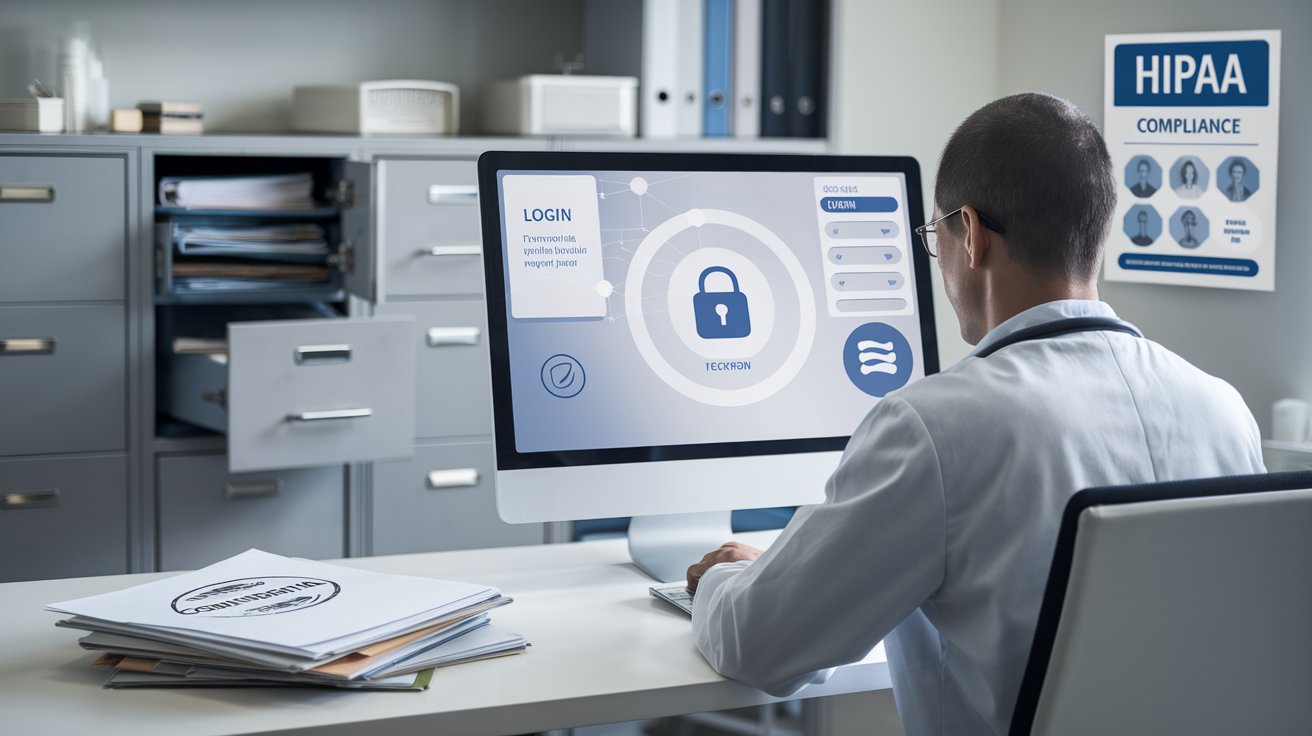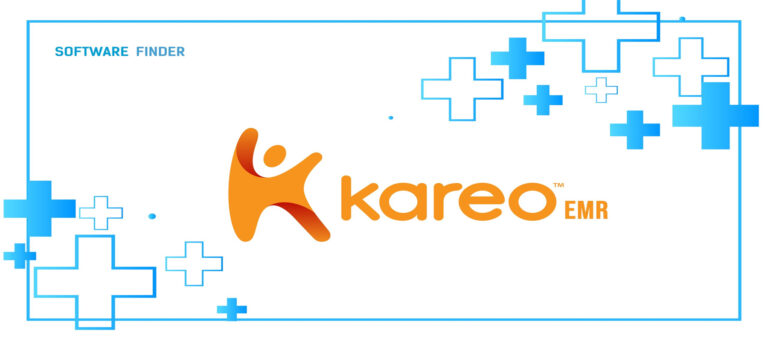HIPAA’s importance in healthcare cannot be overstated.
It provides a framework for maintaining the confidentiality, integrity, and availability of protected health information (PHI). This act not only safeguards patient privacy but also promotes trust in the healthcare system, facilitates the efficient exchange of medical information, and establishes clear guidelines for healthcare providers and organizations.
While HIPAA compliance is crucial across all medical fields, psychiatric Electronic Medical Records (EMRs) present unique challenges that demand special attention.
Mental health records often contain highly sensitive information that, if breached, could have severe consequences for patients’ personal and professional lives.
The stigma surrounding mental health issues amplifies the need for rigorous data protection measures.
Some of the unique challenges in psychiatric EMRs include:
- Heightened Sensitivity: Psychiatric records may contain information about a patient’s thoughts, behaviors, and personal history that is particularly private and potentially damaging if disclosed.
- Complex Consent Issues: Mental health treatment often involves sharing information with family members or other healthcare providers, requiring nuanced approaches to patient consent and information sharing.
- Legal Considerations: Psychiatric records may be subject to subpoenas or court orders, necessitating careful management of legal and ethical obligations.
- Substance Abuse Treatment Records: These records are subject to additional federal regulations (42 CFR Part 2), adding another layer of complexity to data management and sharing.
- Risk of Self-Harm or Harm to Others: Psychiatric EMRs may contain critical information about patient risk assessments, requiring careful balancing of confidentiality with the duty to protect.
As we delve deeper into the intricacies of HIPAA compliance and data security in psychiatric EMRs, it becomes clear that protecting this sensitive information requires a nuanced understanding of both technological solutions and the unique needs of mental health care.
The following sections will explore these challenges in detail and provide insights into best practices for maintaining the highest standards of data security while delivering effective psychiatric care.
Key HIPAA Requirements for EMRs
- Privacy Rule: Protects all individually identifiable health information held or transmitted by covered entities.
- Security Rule: Focuses on safeguarding electronic protected health information (ePHI).
- Administrative Safeguards: Risk analysis, workforce security, information access management.
- Physical Safeguards: Facility access controls, workstation and device security.
- Technical Safeguards: Access control, audit controls, integrity controls, transmission security.
- Breach Notification Rule: Requires notification of affected individuals, HHS, and in some cases, the media, in the event of a breach.
- Patient Rights: Includes the right to access health records, request corrections, and receive a notice of privacy practices.
- Business Associate Agreements: Required for third-party vendors who handle PHI.
Special Considerations for Mental Health Records
- Heightened Sensitivity: Mental health information often requires stricter privacy protections.
- Psychotherapy Notes: Have special status under HIPAA, requiring separate storage and specific patient authorization for most disclosures.
- Substance Use Disorder Records: Subject to additional regulations under 42 CFR Part 2, often more stringent than HIPAA.
- State Laws: Many states have additional protections for mental health records beyond HIPAA.
- Consent Management: More complex in mental health, especially for minors or individuals under guardianship.
- Minimum Necessary Standard: Particularly crucial in mental health to limit information disclosure.
- Segmentation of Information: EMRs should allow for separating highly sensitive information within records.
- Interdisciplinary Care: Balancing information sharing for comprehensive care with stringent privacy requirements.
- Emergency Situations: Protocols for accessing critical information quickly while maintaining overall privacy.
- Duty to Warn/Protect: Balancing confidentiality with legal and ethical obligations to prevent harm.
Data Security Measures in Psychiatric EMRs
Implementing robust data security measures is crucial for protecting sensitive psychiatric information in Electronic Medical Records (EMRs). This section outlines key security measures focusing on encryption, access controls, audit trails, monitoring, and secure data handling.
Encryption and Access Controls
- Data Encryption:
- Use strong encryption algorithms (e.g., AES-256) for data at rest and in transit.
- Implement full-disk encryption on all devices storing psychiatric EMRs.
- Ensure encrypted backup of all sensitive data.
- Access Controls:
- Implement role-based access control (RBAC) to limit data access based on job functions.
- Use multi-factor authentication (MFA) for all user logins.
- Enforce strong password policies, including regular password changes and complexity requirements.
- Implement automatic logoff after periods of inactivity.
Audit Trails and Monitoring
- Comprehensive Logging:
- Record all access attempts, successful and unsuccessful.
- Log all actions performed within the EMR system, including viewing, editing, and printing of records.
- Regular Audits:
- Conduct routine reviews of access logs to detect unusual patterns or potential breaches.
- Implement automated alerts for suspicious activities (e.g., multiple failed login attempts, access from unusual locations).
- Real-time Monitoring:
- Use intrusion detection and prevention systems (IDPS) to monitor network traffic in real-time.
- Implement security information and event management (SIEM) solutions for centralized monitoring and analysis.
Secure Data Transmission and Storage
- Secure Transmission:
- Secure Storage:
- Store data on secure, access-controlled servers.
- Implement data loss prevention (DLP) solutions to prevent unauthorized data exfiltration.
- Use secure cloud storage solutions that comply with HIPAA requirements, if applicable.
- Data Integrity:
- Implement checksums or digital signatures to verify data integrity.
- Maintain versioning of records to track changes and prevent unauthorized modifications.
- Secure Disposal:
- Implement secure methods for data destruction when disposing of old hardware.
- Ensure proper data wiping procedures for devices that are repurposed or decommissioned.
By implementing these data security measures, psychiatric EMR systems can significantly enhance the protection of sensitive patient information, ensuring compliance with HIPAA regulations and maintaining patient trust.
Future Trends in EMR Security
The future of EMR security, particularly for psychiatric records, is being shaped by both technological advancements and evolving regulations.
Emerging technologies are set to transform EMR security. Artificial Intelligence and Machine Learning are being developed to detect anomalies and predict security threats in real-time.
Blockchain technology offers the potential for immutable audit trails and enhanced patient control over their mental health records.
Advanced biometrics, including multi-modal systems, promise stronger user authentication. As quantum computing advances, the development of quantum-resistant cryptography is becoming crucial to ensure long-term data confidentiality.
On the regulatory front, we can expect significant changes.
HIPAA may be modernized to address new technologies and threats, with a greater emphasis on patient data rights. Internationally, there’s a push towards aligning data protection regulations, which could impact cross-border sharing of psychiatric EMR data.
New guidelines are likely to emerge for the ethical use of AI in mental health care, along with standards for integrating data from wearable devices into EMRs.
Interoperability standards are expected to evolve, facilitating secure data exchange between different EMR systems. This could enhance care coordination in mental health, where patients often interact with multiple providers.
As these trends unfold, psychiatric EMR systems will need to balance the potential of new technologies with stringent security requirements and changing regulations, presenting ongoing challenges for healthcare providers, technology vendors, and policymakers.







Leave a Reply